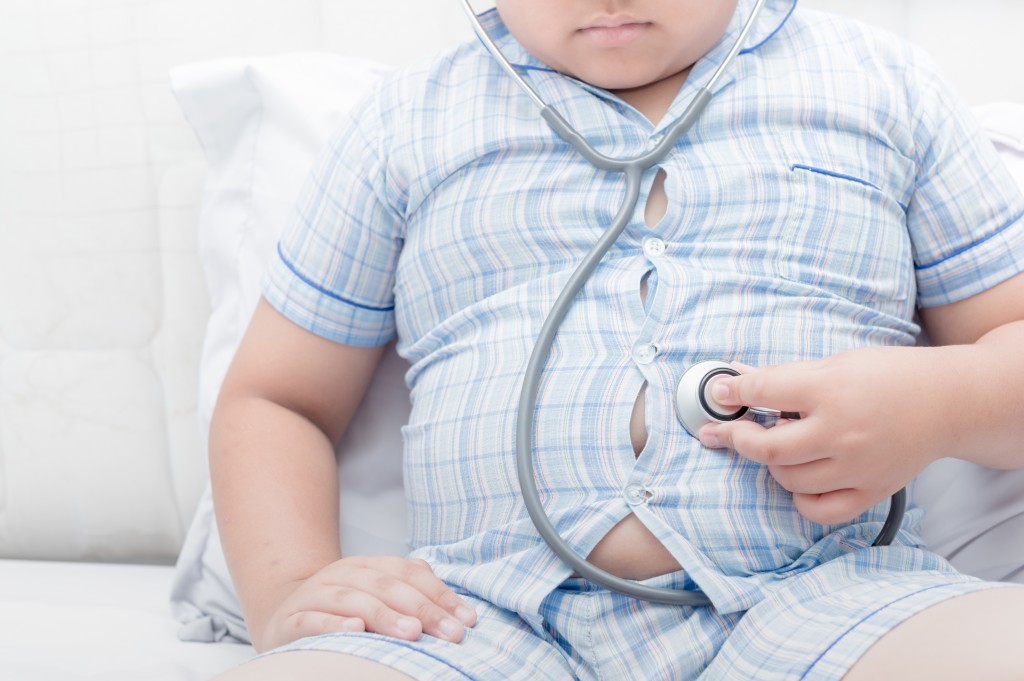How severe is childhood obesity in the UK? None other than the National Health Service confirmed in 2019 that the number of severely obese children in the country had hit an all-time high. Around 20% of them had a body mass index higher than the ideal for their age. Meanwhile, nearly 5% or over 25,000 were severely obese.
Childhood obesity is a severe health problem in the UK that the government has already laid out multi-pronged strategies to curb it. But adults they interact with, especially parents, can play a critical role in addressing it.
The Complications of Obesity
The effects of childhood obesity are staggering. A 2017 research in Obesity Reviews said that the damage to the body could be long-lasting and stretch until adulthood.
For the study, the team from Surrey reviewed over 15 other types of research. From the data, they learned that obese children could develop two health problems:
- Prediabetes
- Damage to the arteries
Prediabetes refers to the body’s inability to use insulin properly. Insulin is a hormone that delivers glucose to cells, which they use for energy. When the cells become less sensitive to it, it forces the pancreas to create more until it strains the organ. It also raises blood sugar levels. All these changes can result in an increased risk of type II diabetes.
Meanwhile, arterial damage can raise the odds of heart disease and hypertension. High blood pressure can also damage other organs, such as the kidneys.
Swedish studies claimed that childhood obesity could increase the risk of dying during adulthood up to three times compared to the general population. What’s more, these individuals are also prone to mental health issues, particularly anxiety and depression.
The 2020 research in BMC Medicine shared that obese girls were 43% more likely to develop these mental conditions than non-obese girls of the same age. For men, the rate was 33%. While the study didn’t focus on the causes, other types of research point to the answer.
For one, obesity can create changes in the hormones and the gut, and both of these have a strong connection to the brain and the production of neurotransmitters. Public Health England also revealed that obese children are more likely to suffer from low self-esteem, bullying, and stigmatization.
How Can Adults Help?

Childhood obesity is a complex problem. The reasons transcend genetics and lifestyle and even touch on politics and economic status. However, one thing is clear: adults, especially parents, can do something to decrease or avoid it.
- Create a healthy lifestyle for the family. Parents can enroll in natural chef training or other activities that help them make nutritious but delicious food for the children. Different types of research also showed that home cooking or meal prepping could help bring the weight down since cooks know how to control the ingredients.
- Promote less junk food in school. In a study by the San Francisco State University, the researchers noticed a significant reduction in the number of obese children before and after California enacted a law that eliminated sugary drinks and regulated junk food sales in schools.
- Encourage natural activity for the children. Parents can schedule regular trips to the parks or hiking trails. They can encourage the little ones to participate in sports in schools and communities.
Childhood obesity doesn’t have a single solution, but adults can pursue many options for the sake of the children.









